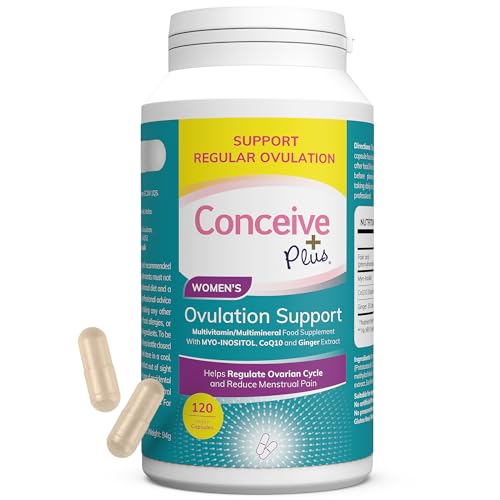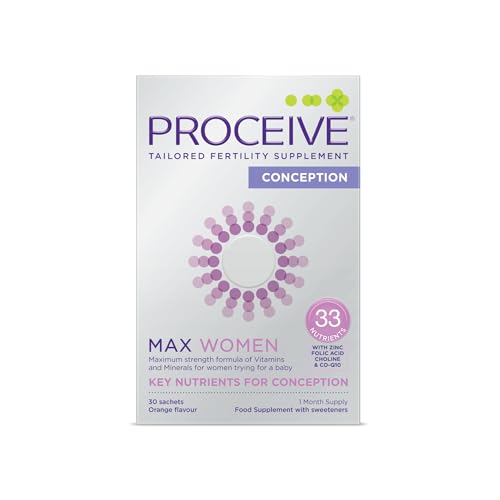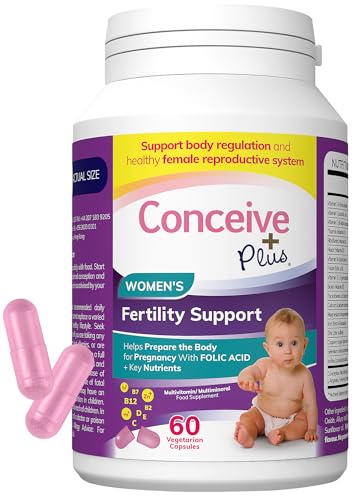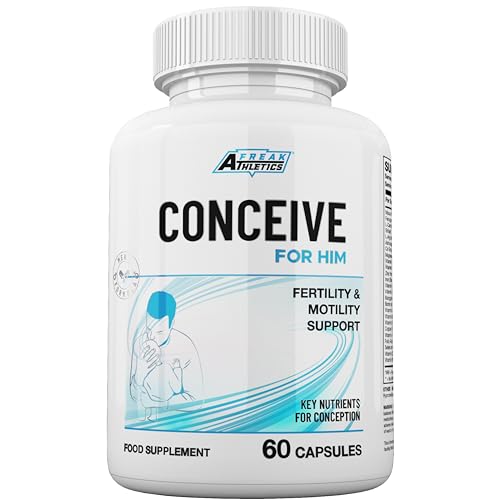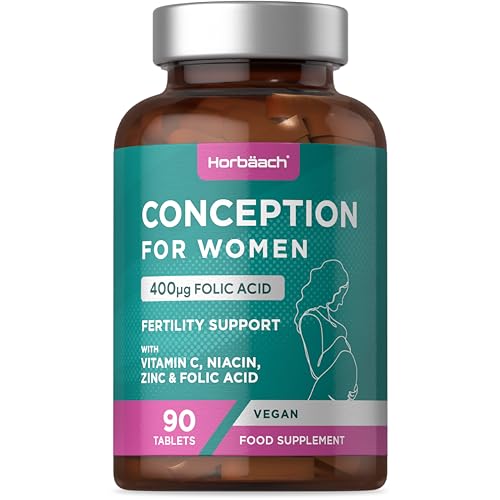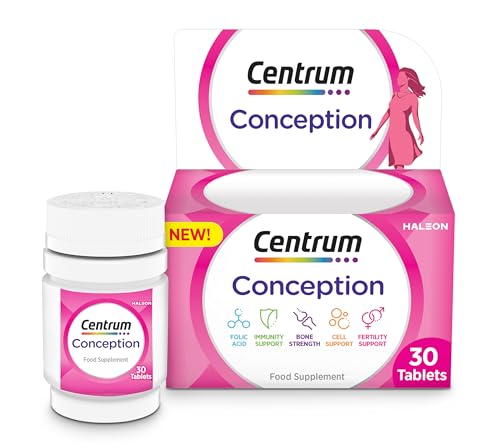What Are Fertility Supplements and How Do They Work?
Understanding Fertility Supplements
Fertility supplements are specially formulated products designed to enhance reproductive health and improve the chances of conception. These supplements typically contain vitamins, minerals, and herbal ingredients that support hormonal balance, egg quality, and overall reproductive function in both men and women. For instance, ingredients like folic acid are known to reduce the risk of neural tube defects in pregnancy, while antioxidants may protect reproductive cells from damage.
Mechanism of Action
The way fertility supplements work can vary depending on their specific ingredients. They often target nutritional deficiencies that can affect fertility by replenishing essential nutrients that may be lacking in one’s diet. Additionally, they help to support the body’s natural hormonal balance, which is crucial for ovulation and sperm production. By ensuring that the body has the necessary building blocks for reproductive health, these supplements can play a significant role in enhancing fertility.
Key Ingredients to Look For in Fertility Supplements
Essential Vitamins and Minerals
When selecting a fertility supplement, we should look for key vitamins such as Vitamin D, which is crucial for reproductive health, and B vitamins, including B12 and B6, which support hormone function and pregnancy. Minerals like zinc and selenium are also important for sperm quality and fertilisation, making them essential components.
Herbal Ingredients
Natural herbal ingredients such as Maca root, known for its potential to boost energy and balance hormones, and Vitex (Chaste Tree Berry), which may help regulate menstrual cycles, can also be beneficial. These herbal components are often included for their traditional use in supporting fertility and hormonal health.
How to Choose the Right Fertility Supplement for You
Assessing Your Needs
Choosing the right fertility supplement starts with understanding our own health needs. We should consider factors such as age, dietary habits, and specific fertility concerns. Additionally, it might be helpful to consult with a healthcare provider to get personalised recommendations based on our health history and fertility goals.
Quality and Safety Considerations
We should also prioritise quality when selecting a supplement. It’s important to choose brands that disclose their ingredient sources and demonstrate good manufacturing practices. Reading customer reviews can provide insights into the effectiveness and reliability of a product. Furthermore, we need to ensure that any supplements we consider are free from harmful additives and are safe for long-term use.
When to Start Taking Fertility Supplements
Timing the Start
Deciding when to start taking fertility supplements depends on our individual circumstances. For those currently trying to conceive, beginning a supplement regimen at least three months prior to attempting conception can be beneficial. This preconception period allows the body to build up necessary nutrients that support optimal reproductive health.
Adjusting Over Time
If we are undergoing fertility treatments, it is prudent to discuss with a fertility specialist when to incorporate supplements into our routine. Different stages of treatment may necessitate adjustments, and having professional guidance can help in making informed decisions tailored to our specific situation.
